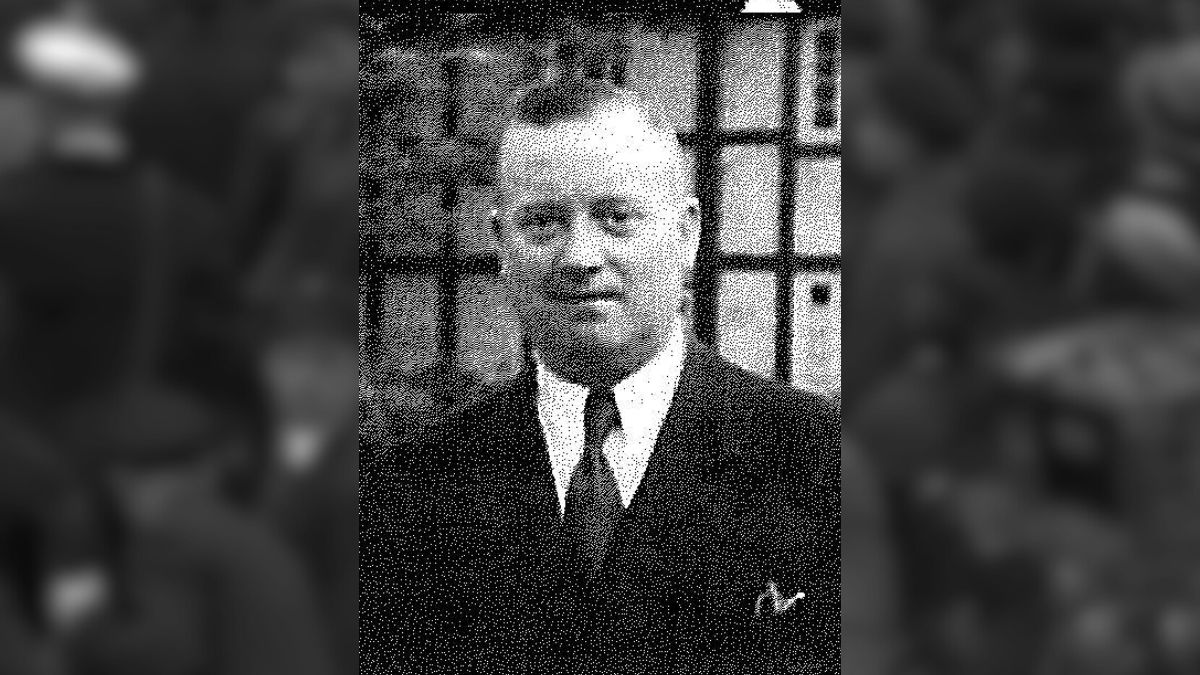

BreakPoint
Raymond’s Odyssey
When Raymond McCarty appeared in court this month, the judge came up with an unusual sentence—one that just might frighten others away from a life of crime. McCarty was found guilty of violating a court order to stay away from a former girlfriend. The judge sentenced McCarty to four months in the Santa Rita, California, jail. And then he really threw the book at him: He told McCarty he had to read the ancient Greek poem The Odyssey by Homer. When he finishes the book, McCarty must submit to the court a five-page book report. It was the deputy district attorney, Chris Lamiero, who came up with the idea that McCarty read about the adventures and moral challenges faced by the Greek hero, Odysseus during his journey home from the Trojan War. Upon his return, Odysseus slaughters the men whom he finds harassing his wife, Penelope. Lamiero said he chose The Odyssey for its timeless lessons of honor and integrity—values he believes McCarty is a little short on. "He’s not a particularly heinous criminal," Lamiero explained. "Rather than just sit in jail, I thought he might expand his perception of the world through literature." Well, Lamiero has stumbled onto the right idea. Reading the great classics of literature can be a good way to learn character lessons. In a book titled Books That Build Character, authors William Kilpatrick and Gregory and Suzanne Wolfe describe how great stories help build great character. "Through the power of imagination, we become vicarious participants in the story, sharing the hero’s choices and challenges," the authors write. We "identify ourselves with our favorite characters, and thus their actions become our actions." In this way, the stories can become a dress rehearsal for our own life choices. By giving us good characters to admire, stories also help educate the moral imagination. Virtue isn’t just about knowing how to be good. To change behavior, we need to love the good. As we read in Books That Build Character, "Stories can create an emotional attachment to goodness, a desire to do the right thing." Finally, stories provide a wealth of good examples—the kind often missing from our environment. They familiarize us with codes of honorable conduct, and give us a mental picture of what these codes mean in real-life situations. There’s a reason that Jesus Himself delivered His most profound teachings in the form of stories—parables about farmers planting seeds, women finding coins, sons who go bad and then repent. These were the characters His listeners could identify with. To quote again from Books That Build Character, in times of real-life pressure or temptation, "the half-forgotten memory of a story can rise to our aid." That’s why we ought to make sure our own kids are reading good literature with moral themes—books that can move them toward right thinking and behavior. We can also hope that Raymond McCarty, who has already started reading The Odyssey from his jail cell, might be moved as well. Who knows? The next time McCarty thinks about harassing women, he just might recall the moral lessons that Homer taught. And if he doesn’t—well, maybe he’ll at least remember what Odysseus did to the men who bothered his wife.
10/9/97















